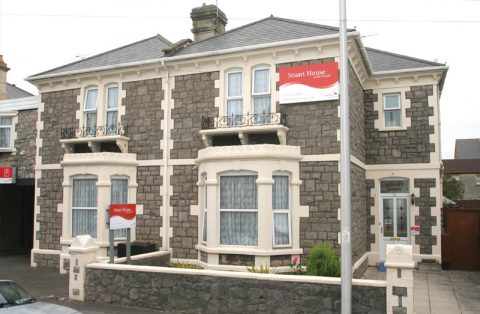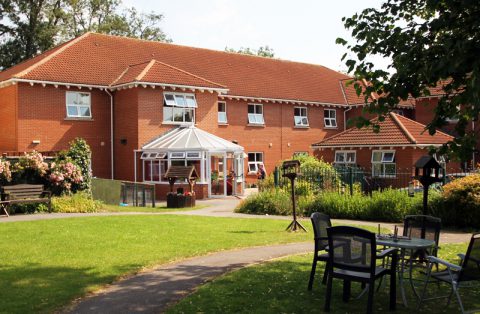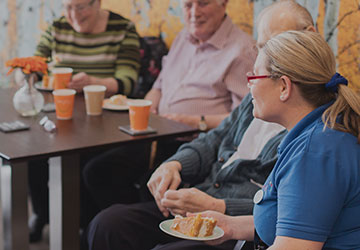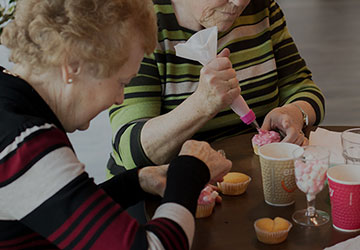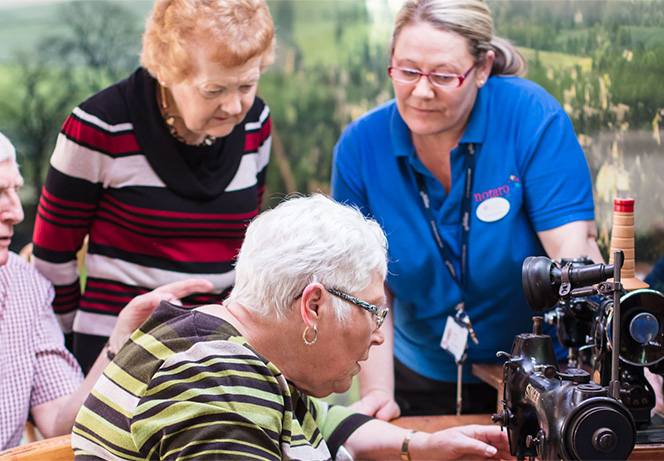As we age, it is not just our physical health that becomes more fragile, but our mental health as well. At Notaro Care Homes, we understand the importance of supporting our residents’ mental health and creating a nurturing environment that promotes well-being. In this blog post, we will explore the importance of mental health, especially in older adults, how it is linked to physical health, and what you can do to support others with their mental health.
Mental health is as important as physical health, and it is crucial to maintain good mental health throughout our lives. Mental health affects how we think, feel, and act, and it impacts our ability to cope with stress, maintain relationships, and perform daily activities. It is essential to recognise the signs of poor mental health and seek support when needed.
As we age, our mental health becomes more vulnerable due to a range of factors, such as chronic illnesses, cognitive decline, social isolation, and bereavement. Poor mental health can lead to physical health problems, such as heart disease, diabetes, and stroke. Therefore, it is more important than ever to look after our mental health as we get older.
At Notaro Care Homes, we provide our residents with a range of activities that promote socialisation, engagement, and cognitive stimulation. Our staff members are trained to recognise the signs of poor mental health and provide support to residents who need it. We also work closely with mental health professionals to ensure that our residents receive the best possible care.
It is important to support others with their mental health, especially those who are vulnerable, such as older adults. Here are some things you can do to support others with their mental health:
- Listen without judgment: Sometimes, all a person needs is someone to listen to them. It is essential to provide a safe space for others to express their feelings without fear of judgment.
- Be supportive: Let the person know that you are there for them and that you care about their wellbeing. Encourage them to seek professional help if needed.
- Promote socialisation: Loneliness and social isolation are significant risk factors for poor mental health. Encourage the person to participate in social activities and connect with others.
- Be aware of the signs of poor mental health: If you notice any signs of poor mental health, such as changes in behaviour, mood, or appetite, encourage the person to seek professional help.
In conclusion, mental health is essential, especially as we age. At Notaro Care Homes, we prioritise residents’ mental well-being and create a supportive environment that promotes engagement, socialisation, and cognitive stimulation. It is important to support others with their mental health, and by listening without judgment, being supportive, promoting socialisation, and being aware of the signs of poor mental health, we can make a difference in someone’s life.
If you need support, we would recommend visiting Mind’s website for information and resources: https://www.mind.org.uk/



